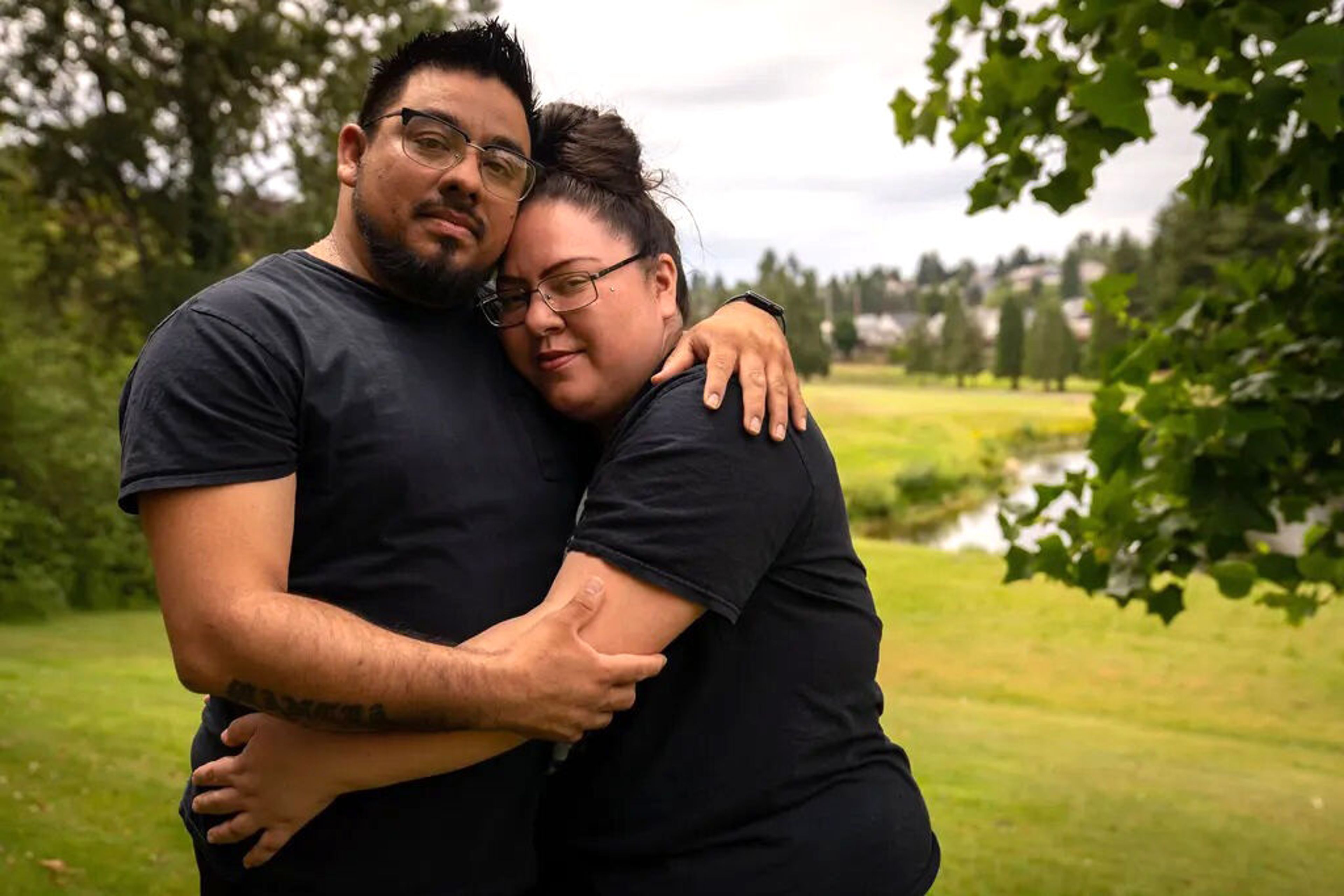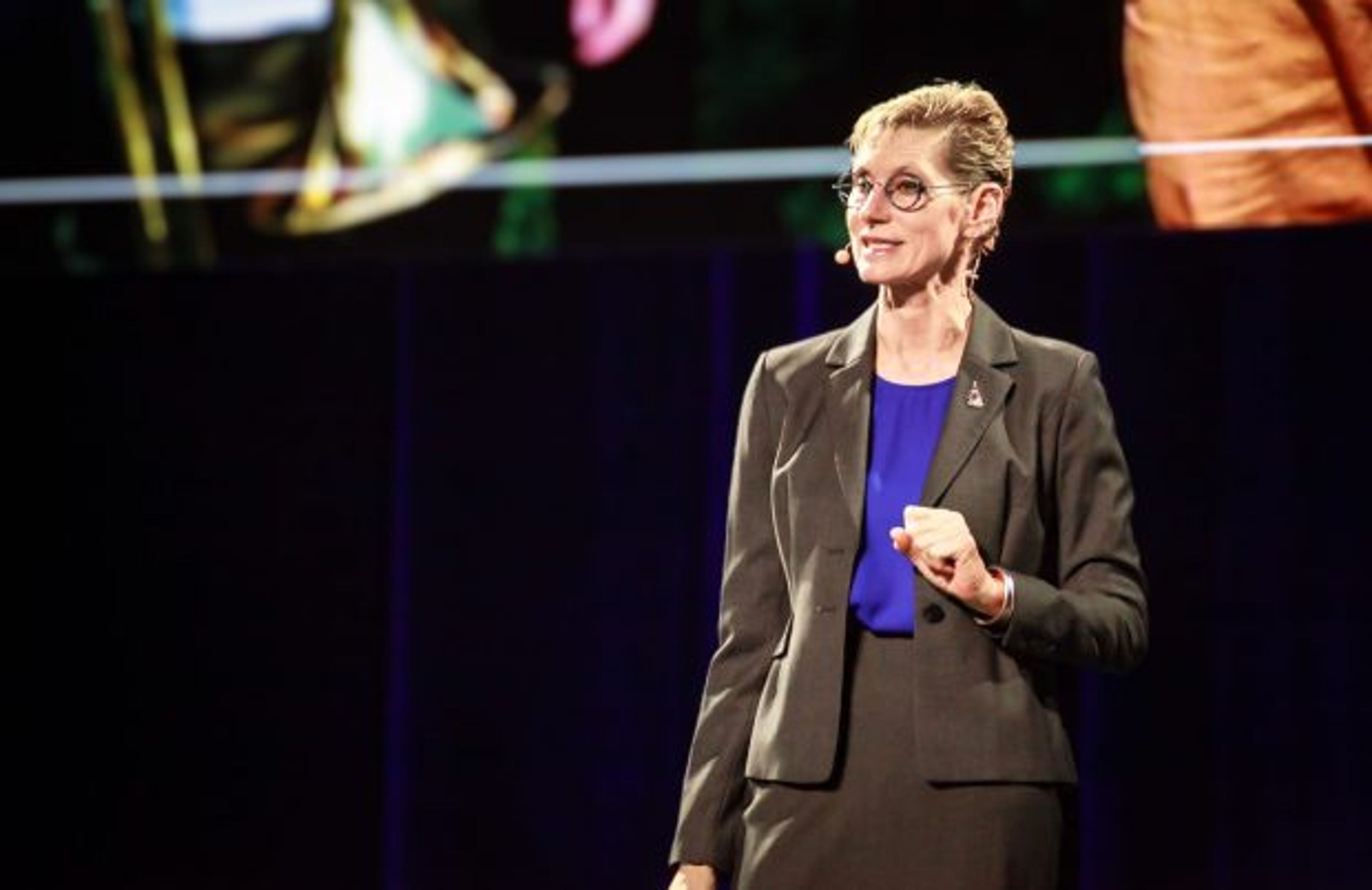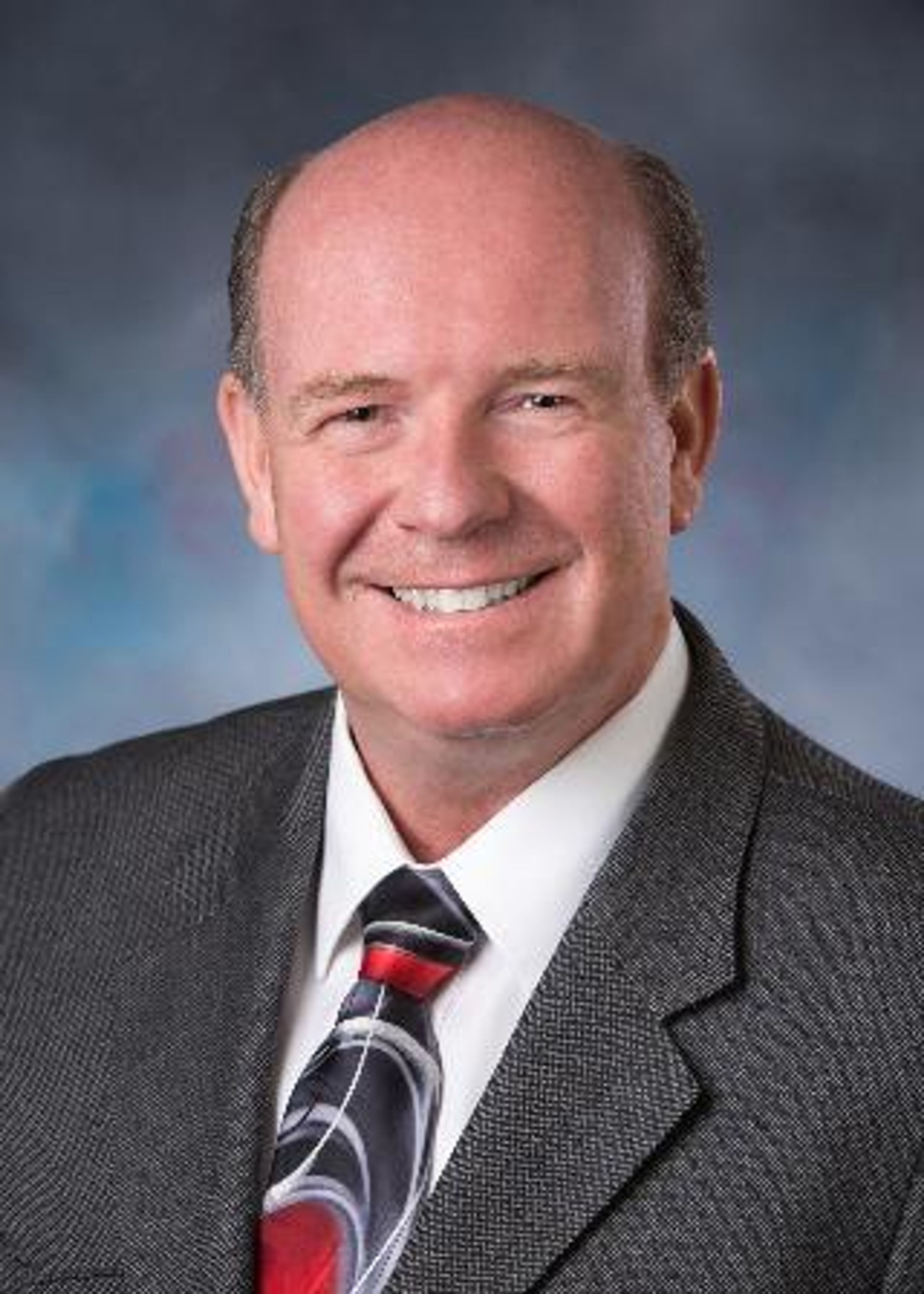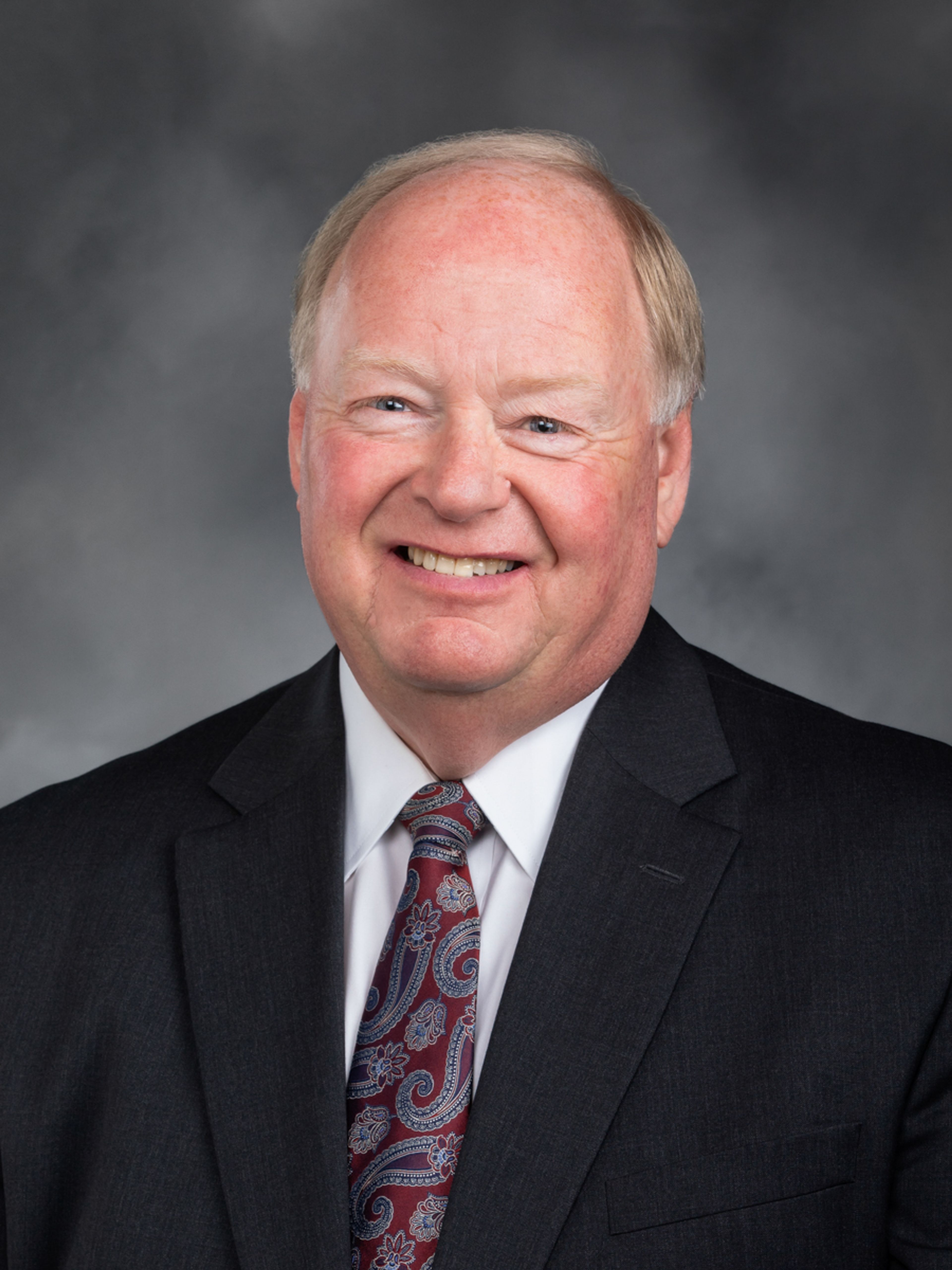Jarold Mancia, a former police officer in El Salvador, has been married to his American wife Carleigh for almost nine years. The Tacoma couple have four children, ages 4 to 14.
Until last month, none of that could shield Jarold, who came to the country unlawfully a dozen years ago, from possible deportation. In fact, he was detained last year for more than three months at the Northwest ICE Processing Center in Tacoma and put in removal proceedings, which remain ongoing.
His chances of being deported now seem less likely. On June 18, President Joe Biden issued an executive order that grants protection to many undocumented spouses of American citizens who have lived in the U.S. for at least 10 years.
Jarold and Carleigh said they’re excited by what the order could mean for their family. They have reason to be, said Jarold’s lawyer, Andrea Lino of the Northwest Immigrant Rights Project.
“This executive order would change everything for them,” she said.
An estimated 12,000 spouses of American citizens in Washington and 500,000 nationally could benefit from the order, along with any of their children who aren’t U.S. citizens. Biden’s action not only protects qualifying individuals from deportation but allows them a much easier path to getting permanent legal residency.
It’s one of the most sweeping forms of relief for undocumented immigrants since former President Barack Obama established the Deferred Action for Childhood Arrivals program in 2012, providing work permits and quasi-legal status to people who came to the U.S. as children without authorization.
Like the DACA program, Biden’s order on spouses was quickly met with both celebration and condemnation, intensified by an election year that revolves to a large degree around immigration policy. Backers of the order said it will keep many families with deep roots in the U.S. from being torn apart. Opponents described it as a widespread “amnesty” rewarding unlawful border crossings at a time when migrants are entering the country without permission in record numbers.
The election also serves as a ticking clock. Former President Donald Trump, who has called for mass sweeps of undocumented immigrants, seems unlikely to let the order stand if he returns to office.
“I’m somewhat fearful that there may end up being false hope,” said Seattle immigration lawyer Vicente Omar Barraza. He questioned whether the backed-up immigration system can process everyone’s application before a possible new administration in January. In the meantime, opponents of the executive order may sue to try to stop it.
Still, like other immigration lawyers and their clients, Barraza wants to jump on the opportunity presented by the order while he can. “I’ve received probably 50 phone calls in the last few days,” he said.
The Biden administration has not yet released details of how to apply and exactly who qualifies. Does a previous deportation or multiple illegal entries rule you out, for instance? What about a conviction for, say, driving while under the influence? Biden has said qualifying individuals must pass a background check.
Lawyers worry that some people, without knowing the order’s fine print, may fall victim to fraud through empty promises by so-called notarios, who misrepresent themselves as legal advisers.
Jarold, however, appears to be just the kind of person the order aims to help.
“I am not a criminal,” Jarold stressed, speaking in Spanish while his attorney interpreted in the Tacoma offices of the Northwest Immigrant Rights Project. A 2023 background check through the Washington State Patrol, shared by his lawyer, shows no convictions in this state. Jarold also noted he has paid taxes in the U.S. while working jobs in construction, food delivery and air conditioning installation.
Recounting his route to the U.S., the 38-year-old said he had been a police officer for a couple of years in El Salvador when he was told he was on a hit list kept by gang members. Killing a police officer was a gang rite of initiation, he said.
“I had no option,” Jarold said. “I needed to leave. So I just started walking and asking people for rides.” He traveled through Guatemala and Mexico, then swam across the Rio Grande into Texas.
Jarold said it did not occur to him to turn himself in to border officials and claim asylum. He knew nothing about the process, widely used now by migrants from dangerous and repressive countries but less so a dozen years ago. Undetected, he made his way to Seattle.
Two years later, he met Carleigh on a Facebook group for singles.
“It was kind of like an instant connection,” Carleigh said. She didn’t know Spanish and he didn’t know English but they used a translating app to communicate.
A single mom who had been raised in poverty, she was impressed he had been to college for a couple of years, studying to become a lawyer while working as a police officer.
He had such a strong feeling they were meant to be together that he swears he dreamed about her before they even met.
Despite his undocumented status, they thought things would work out after getting married. But they faced an arduous and uncertain process to obtaining legal status for Jarold.
As a U.S. citizen, Carleigh could sponsor her husband for a green card. She did, and the application was approved in 2017.
But because he entered the country without authorization, he would have to go back to El Salvador for an interview with the U.S. Consulate in order to be allowed to return to the U.S. legally and get legal residency.
Simply getting an interview can take five or six years, Lino said. What happens then is a gamble.
“It’s so arbitrary,” Lino said. “You cannot appeal the decision.” A denial can leave some immigrants stuck outside the country with their families left behind.
A few days after Biden’s order, the U.S. Supreme Court ruled against an American woman who challenged a consular officer’s decision in El Salvador denying her husband entry into the U.S. because of how his tattoos were interpreted. “While Congress has made it easier for spouses to immigrate, it has never made spousal immigration a matter of right,” the court’s opinion said.
Jarold and Carleigh didn’t want to take the risk, worrying in part about the financial impact of a separation. Carleigh, who works for a grocery store chain in Seattle, said she could not support their family alone.
Biden’s order would allow Jarold to stay in the country while applying for a green card through a status called “parole in place.” That would be grounds for ending his deportation court case, according to Lino.
Sandy Restrepo, founder of the Burien-based legal practice Colectiva Legal del Pueblo, was also excited by the executive order. It will likely benefit not only clients, but herself and her husband. From Mexico, he entered the country without permission nearly 30 years ago and runs his own construction business.
Still, she said, the order will leave a lot of people out. One big barrier is the requirement that couples be married by the date of the order. Often, couples with mixed status have been together a long time but are not legally married.
For others, the order comes too late.
Nobody knows the exact number of spouses of American citizens who have already been kicked out of the country, according to Paul Donnelly, a recently retired lobbyist for the national advocacy group American Families United. But he estimates tens of thousands.
Deportation triggers a difficult choice for the American in a couple: stay in the U.S. and face long-term separation, which sometimes means raising children alone, or live in exile with their spouse.
Joy Valdez chose exile, following her husband Rafael Valdez to Mexico after he was forced to leave the U.S. a little over a decade ago. They had lived in Kirkland, where they met working at a restaurant, and where they had two daughters. Maya, then 5, and Catalina, a baby, moved with their parents to the central Mexican state of Zacatecas.
The family has lived there ever since. Rafael was barred from applying to come back to the U.S. for 10 years, a punishment for crossing the border unlawfully a second time after he visited a sick grandfather in Mexico.
While the relocation away from their home, friends and Joy’s family in Washington was wrenching, it has had an upside. The girls, fluent in both English and Spanish, have grown up close to cousins on their dad’s side. Maya, 16, is considering college in th
Rafael, however, said he’d like to move back to the U.S. so his daughters could go to school here and “learn everything they’re supposed to learn to be an American.” Joy, who commutes to her job as a flight attendant for an American airline, and who can’t bring Rafael to see her family here or look after the house they still own in Kirkland, said: “I’m tired.”
Now that 10 years is up, she has been looking for a lawyer to help Rafael return to the U.S. Both she and Rafael, upon hearing of Biden’s order, said they were hopeful it might affect his case.
That doesn’t seem to be a possibility. Lino and other attorneys said the order requires physical presence in the U.S.
Nina Shapiro: 206-464-3303 or nshapiro@seattletimes.









